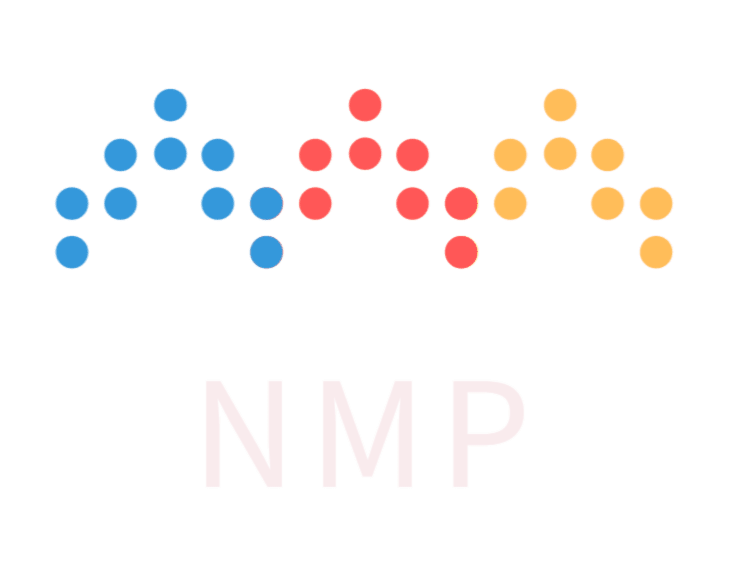Understanding the Different Types of Managed IT Services


What are managed IT services?
Managed IT services are a comprehensive solution for businesses seeking to outsource their IT needs. These services encompass a wide range of offerings, including network monitoring, data backup and recovery, software updates, and cybersecurity measures. By entrusting these tasks to experienced professionals, businesses can focus on their core competencies and leave the technical aspects to the experts. Managed IT services not only provide peace of mind but also ensure that businesses stay up to date with the latest technology trends and industry best practices. Whether it’s ensuring data security or optimizing network performance, managed IT services offer a tailored approach to meet the unique needs of each business.


Benefits of using managed IT services
Using managed IT services offers numerous benefits for businesses of all sizes. One of the key advantages is the ability to access a team of highly skilled IT professionals without the need to hire and maintain an in-house IT department. This not only saves on costs but also ensures that businesses have access to the latest technology and expertise. Managed IT services also provide proactive monitoring and maintenance, helping to prevent issues before they become major problems. Additionally, these services offer enhanced security measures, ensuring that sensitive data and systems are protected from cyber threats. By utilizing managed IT services, businesses can focus on their core operations while leaving their IT needs in the hands of experts.
Types of managed IT services
There are various types of managed IT services that businesses can benefit from. One type is network monitoring and management, which involves monitoring the performance and security of a company’s network infrastructure. This helps to identify and address any issues before they have a significant impact on operations. Another type is data backup and recovery, which ensures that critical business data is regularly backed up and can be quickly recovered in the event of a data loss or disaster. Managed security services are also essential, as they provide proactive security measures to protect against cyber threats and ensure data privacy. By understanding the different types of managed IT services available, businesses can choose the ones that best suit their needs and enhance their overall IT infrastructure.
Network management
Network management is a critical component of any comprehensive managed IT services package. It involves the monitoring, maintenance, and optimization of a company’s network infrastructure to ensure its smooth and efficient operation. From overseeing network security to troubleshooting connectivity issues, network management experts play a vital role in keeping businesses connected and productive. With their expertise, they can proactively identify and address potential network issues before they become major problems, minimizing downtime and maximizing productivity. By entrusting your network management to professionals, you can focus on your core business activities while enjoying a secure and reliable network infrastructure.
Data backup and recovery
Data backup and recovery are fundamental components of managed IT services. In today’s digital age, businesses heavily rely on their data for day-to-day operations and decision-making. However, data loss can occur due to various reasons such as hardware failure, human error, or cyberattacks. That’s where data backup and recovery come in. By implementing a robust backup system, businesses can ensure that their critical information is regularly saved and stored in a secure location. In the event of data loss, a proper recovery plan allows for the swift retrieval and restoration of the lost data, minimizing downtime and preserving business continuity. Understanding the importance of data backup and recovery is essential for any organization looking to protect its valuable assets and maintain a competitive edge in today’s technology-driven landscape.
Cybersecurity
Cybersecurity is a critical component of any comprehensive managed IT services. With the increasing frequency and sophistication of cyber threats, businesses must prioritize the protection of their sensitive data and systems. Managed IT service providers offer a range of cybersecurity solutions, including firewalls, antivirus software, network monitoring, and vulnerability assessments. These services help to identify and mitigate potential risks, ensuring that businesses can operate securely and confidently. By partnering with a managed IT service provider that specializes in cybersecurity, businesses can stay ahead of evolving threats and safeguard their valuable assets.
Help desk support
Help desk support is a key component of managed IT services, providing essential assistance to users and resolving technical issues. Whether it’s troubleshooting software problems, assisting with hardware installations, or answering user inquiries, help desk support ensures that businesses can operate smoothly and efficiently. With a team of knowledgeable technicians available to provide prompt and reliable assistance, businesses can focus on their core operations without worrying about IT disruptions. Help desk support not only improves productivity but also enhances customer satisfaction by providing quick solutions to technical problems.
Cloud services
Cloud services are a key component of managed IT services, offering businesses a range of benefits and capabilities. With cloud services, data and applications are stored and accessed remotely, allowing for increased flexibility, scalability, and cost-efficiency. Whether it’s public, private, or hybrid cloud solutions, businesses can leverage the cloud to streamline operations, improve collaboration, and enhance security. Additionally, cloud services enable businesses to easily access their data and applications from anywhere, making it an ideal solution for remote workforces. By understanding the different types of cloud services available, businesses can make informed decisions on which solutions best meet their specific needs and goals.
IT consulting
IT consulting is a vital aspect of managed IT services that can greatly benefit businesses of all sizes. IT consultants are experts in the field who provide valuable advice and guidance to help organizations make informed decisions about their technology infrastructure. They analyze the current IT systems, identify areas for improvement, and recommend solutions that align with the company’s goals and budget. IT consulting not only helps businesses stay up to date with the latest technological advancements but also ensures that their IT infrastructure is secure, efficient, and scalable. With the support of IT consulting, organizations can optimize their operations, enhance productivity, and gain a competitive edge in the ever-evolving digital landscape.
Choosing the right managed IT services provider
Choosing the right managed IT services provider is a critical decision for any business. With the ever-evolving technology landscape, businesses need a provider that can adapt and meet their unique needs. It’s important to consider factors such as the provider’s expertise in your industry, their track record of successful implementations, and their ability to offer proactive solutions. Additionally, a provider with a strong focus on cybersecurity can help protect your sensitive data from the growing threat of cyber attacks. By carefully evaluating your options and selecting a provider that aligns with your business goals, you can ensure a smooth and efficient IT infrastructure that supports your growth and success.


Recent Comments